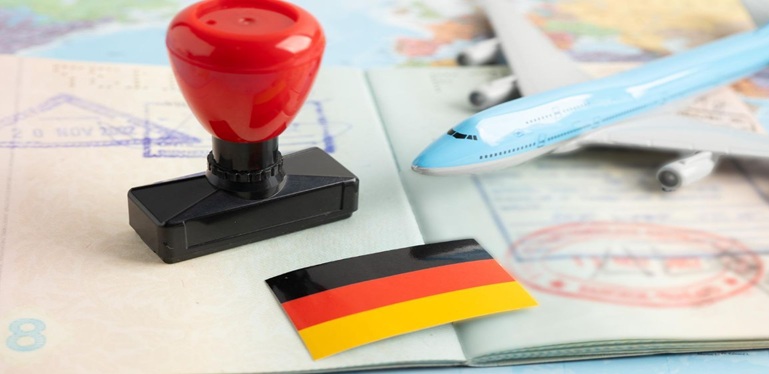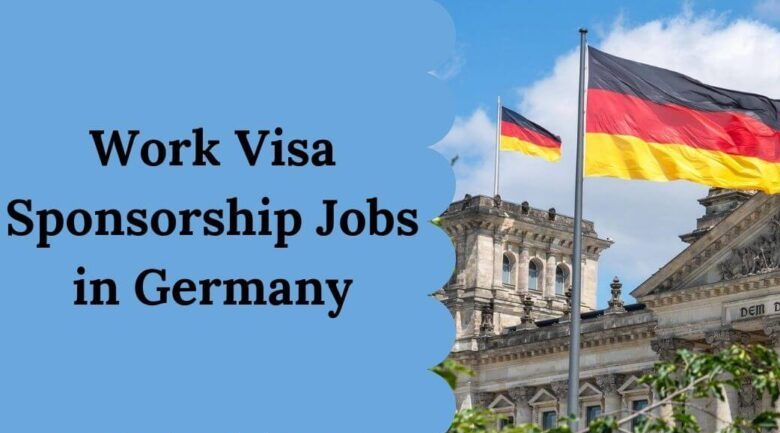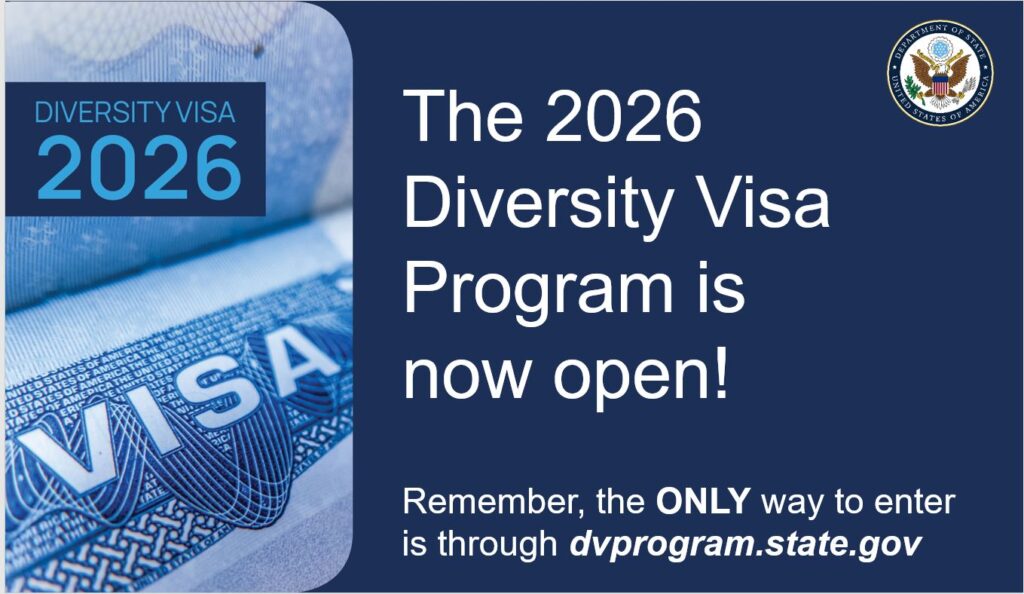Advertisements
Germany has emerged as one of the top destinations for immigrants seeking employment, education, and permanent settlement in Europe. With its strong economy, shortage of skilled labor, and immigrant-friendly policies, Germany offers multiple visa pathways to international workers, students, and family members looking to relocate.
In this article, we will explore the various visa types available to immigrants in 2025, the eligibility requirements, application process, and how you can secure a Germany visa with or without job sponsorship.
Why Immigrate to Germany in 2025?
Advertisements
Germany continues to attract skilled professionals, international graduates, and entrepreneurs from around the world. Here’s why:
-
High demand for skilled workers in engineering, IT, healthcare, and manufacturing sectors
-
Competitive salaries and a high standard of living
-
Pathway to permanent residency (PR) and citizenship
-
Access to free or low-cost education for international students
-
Centrally located within the EU for ease of travel and trade
Types of Germany Visas for Immigrants
Germany offers various visa options tailored to the purpose of travel and length of stay. Below are the most common visa categories for immigrants:
1. Germany Job Seeker Visa
Advertisements
This visa allows foreign professionals to stay in Germany for up to 6 months while searching for a job.
Eligibility:
-
Bachelor’s or Master’s degree recognized in Germany
-
At least 5 years of work experience
-
Proof of sufficient funds for the duration of stay
-
Health insurance coverage
This visa does not allow employment during the job search period but can be converted to a work visa once employment is secured.
2. Germany Work Visa (Residence Permit for Employment)
Issued to individuals who already have a job offer from a German employer.
Requirements:
-
Valid employment contract or job offer
-
Proof of academic or professional qualifications
-
Salary must meet minimum thresholds
-
Approval from the Federal Employment Agency (in most cases)
Holders of this visa can later apply for a EU Blue Card or permanent residence after a few years of legal employment.
3. EU Blue Card
The EU Blue Card is ideal for highly qualified non-EU nationals working in high-demand sectors.
Benefits:
-
Fast-track permanent residency (after 33 months or 21 months with language proficiency)
-
Spouse and children can join without additional waiting time
-
High salary threshold ensures better working conditions
To qualify, applicants must earn a gross annual salary of at least €43,800 (or €39,682 for shortage occupations as of 2025 figures).
4. Germany Student Visa
International students accepted into a recognized German institution can apply for a student visa.
Perks:
-
Work up to 20 hours per week during semesters
-
Post-study visa (18-month extension) to find a job
-
Eligible to transition to work or residence visa after graduation
5. Germany Family Reunion Visa
Allows family members (spouse, children, or parents) of foreign residents or citizens to join them in Germany.
6. Germany Freelance and Self-Employment Visa
Open to professionals in liberal professions (writers, artists, IT freelancers) or entrepreneurs planning to start a business.
Conditions include:
-
Viable business plan
-
Evidence of financial self-sufficiency
-
Proof of market demand in Germany
Documents Required for Germany Immigration Visa
While the document checklist may vary depending on the visa type, common requirements include:
-
Valid passport (issued within the last 10 years)
-
Visa application form and biometric photos
-
Proof of financial resources (bank statements, sponsorship, etc.)
-
Educational or professional qualifications
-
Employment contract (if applicable)
-
Travel health insurance
-
Cover letter stating purpose of stay
-
Curriculum Vitae (CV)
All documents must be translated into German or English and be properly certified.
How to Apply for a Germany Immigration Visa
-
Check your eligibility based on the visa type and occupation
-
Gather required documents and ensure they are valid and translated
-
Book an appointment at the German embassy or consulate in your home country
-
Pay the visa fee, which ranges between €75–€100 depending on the visa
-
Attend the visa interview, bringing all documents and supporting evidence
-
Wait for processing, which usually takes 4 to 12 weeks
-
Relocate to Germany, register your address within 2 weeks, and apply for a residence permit
Sectors With High Demand for Foreign Workers
Germany is actively seeking foreign professionals in the following industries:
-
Information Technology (developers, engineers, cybersecurity)
-
Healthcare (nurses, doctors, caregivers)
-
Engineering (mechanical, electrical, civil)
-
Manufacturing and Skilled Trades
-
Logistics and Transportation
-
Education and Research
The Skilled Immigration Act (Fachkräfteeinwanderungsgesetz) has made it easier for non-EU nationals to work in these sectors.
Conclusion
Germany’s robust immigration system offers multiple routes for foreigners to live, study, and work in one of Europe’s strongest economies. Whether you are a skilled worker, graduate, or entrepreneur, there is a visa category that fits your profile. By understanding the visa requirements, securing necessary documents, and preparing for the application process, you can significantly increase your chances of success.
Germany’s openness to global talent, coupled with its stable political and economic environment, makes it an ideal destination for immigrants seeking long-term opportunities. Start your journey today by researching available visa options and contacting the nearest German embassy or consulate for guidance.
Advertisements






